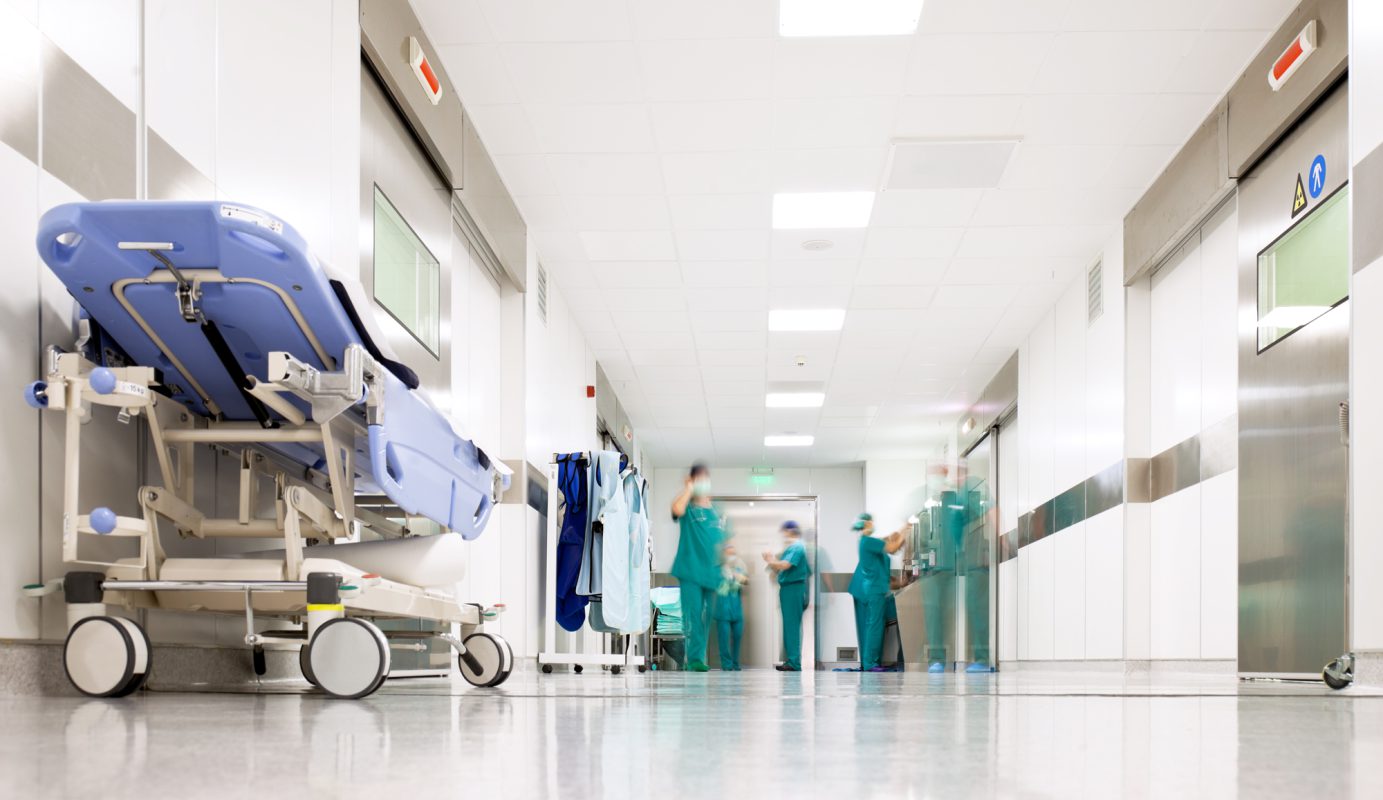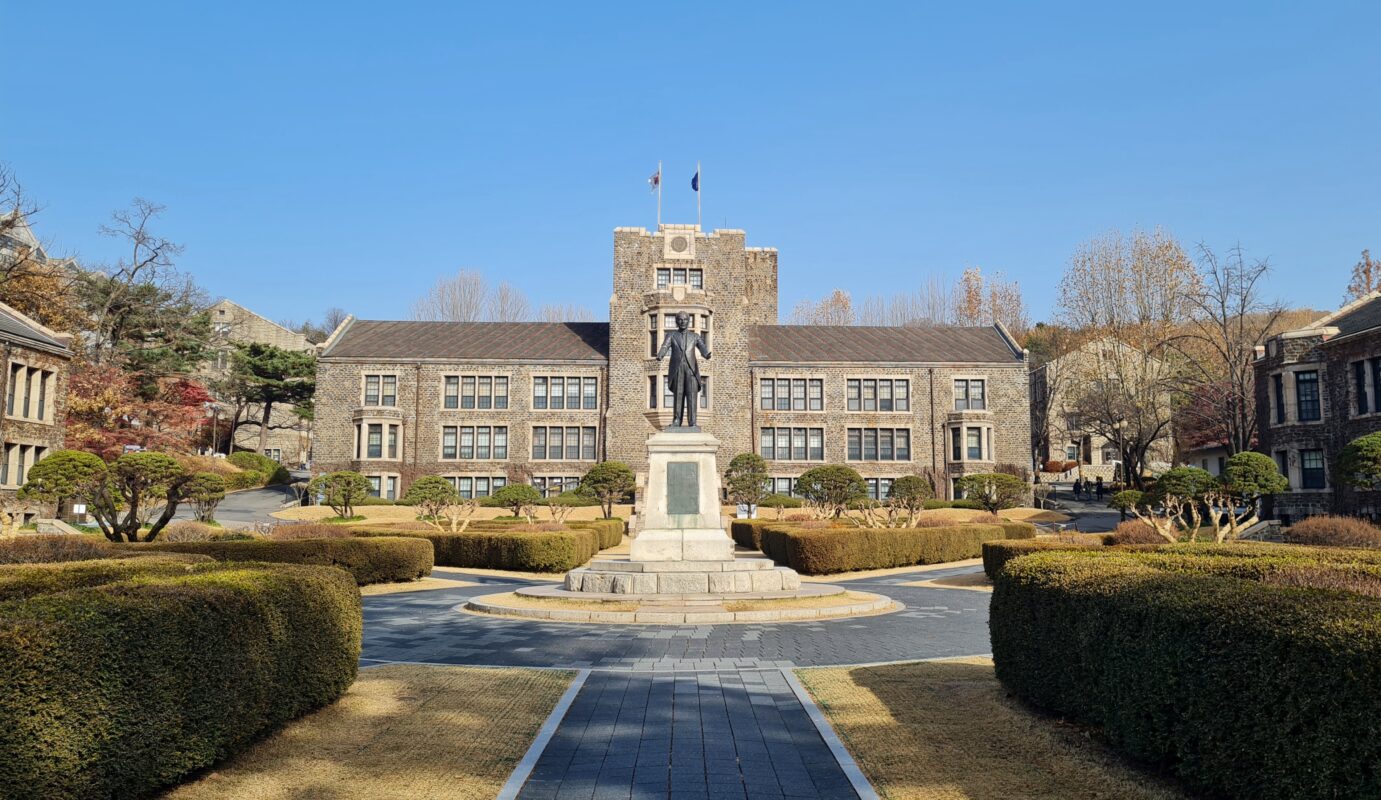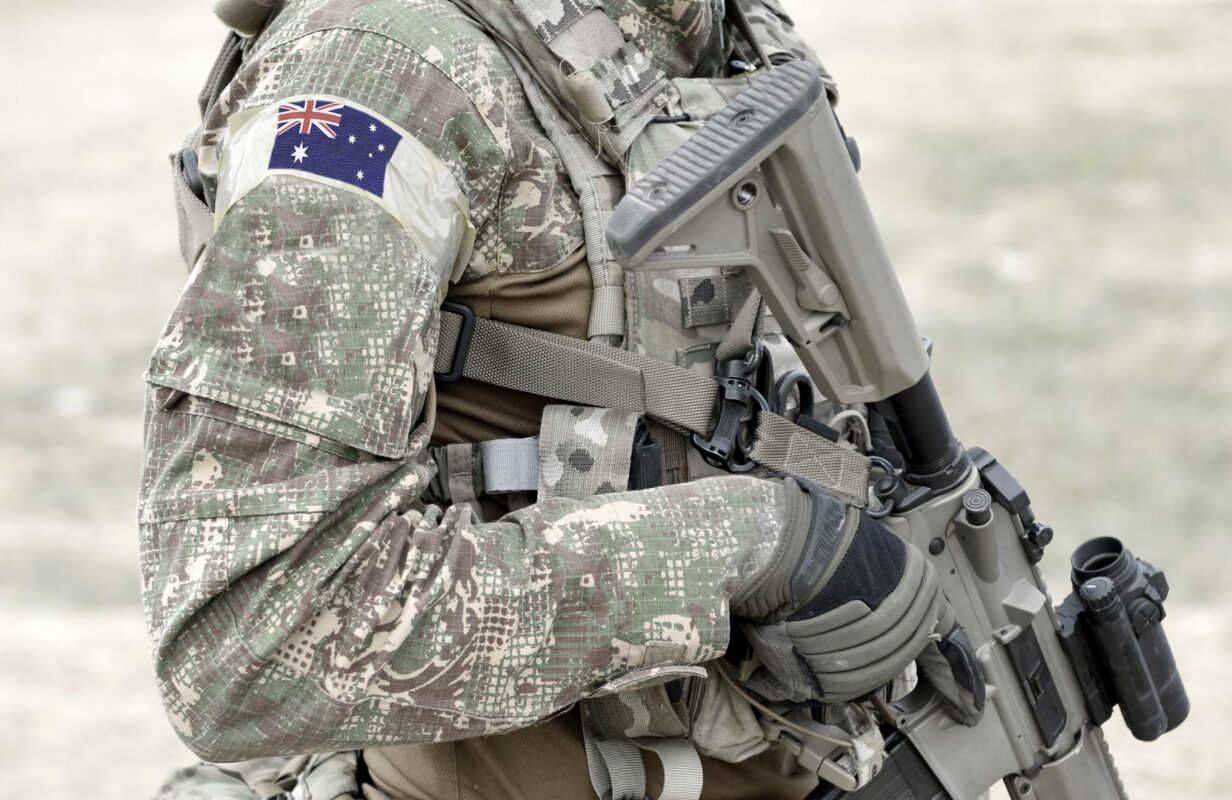Developing guidelines for resilient hospitals
Swedish authorities rely on 4C Strategies to develop guidelines for the next generation of resilient hospitals. 4C are working together with a vast number of actors, in seven areas of expertise:
Electricity, heat, cooling and ventilation. Development of technology provides new opportunities to build resilient hospitals.
Water and sewer. Without functioning water supply, proper healthcare cannot be conducted.
Hazardous substances. Hospitals must be resistant to hazardous substances. The healthcare system also needs the ability to handle contaminated patients.
Management and communication. The effects of a virus attack malicious code, electromagnetic pulse and failure of computer-based support systems must be reduced.
Transport infrastructure. Inventories are shut down and deliveries have short set up- and circle time. Helipads are an area of special interest.
Protection against external threats. Control- and surveillance systems, tunnels and central operating facilities must be protected.
Other technical systems and logistics. Laundry, storage of drugs, shelters, etc.Hospitals are complex buildings with vital societal functions. They are dependent on advanced equipment and systems for control, monitoring, information and communication. Furthermore, hospitals handle hazardous substances and are in need of protection from external threats.
The new guidelines will include minimum levels of resilience and differentiated levels for different types of operations and time horizons for defined resilience, common standards for requirements based on functionality and the delivery needed to achieve resilience as well as templates and checklists to support the operations.Discover how you can build your risk, business continuity and crisis management capability with our expert services. Book a free consultation with one of our consultants to discuss your requirements.






